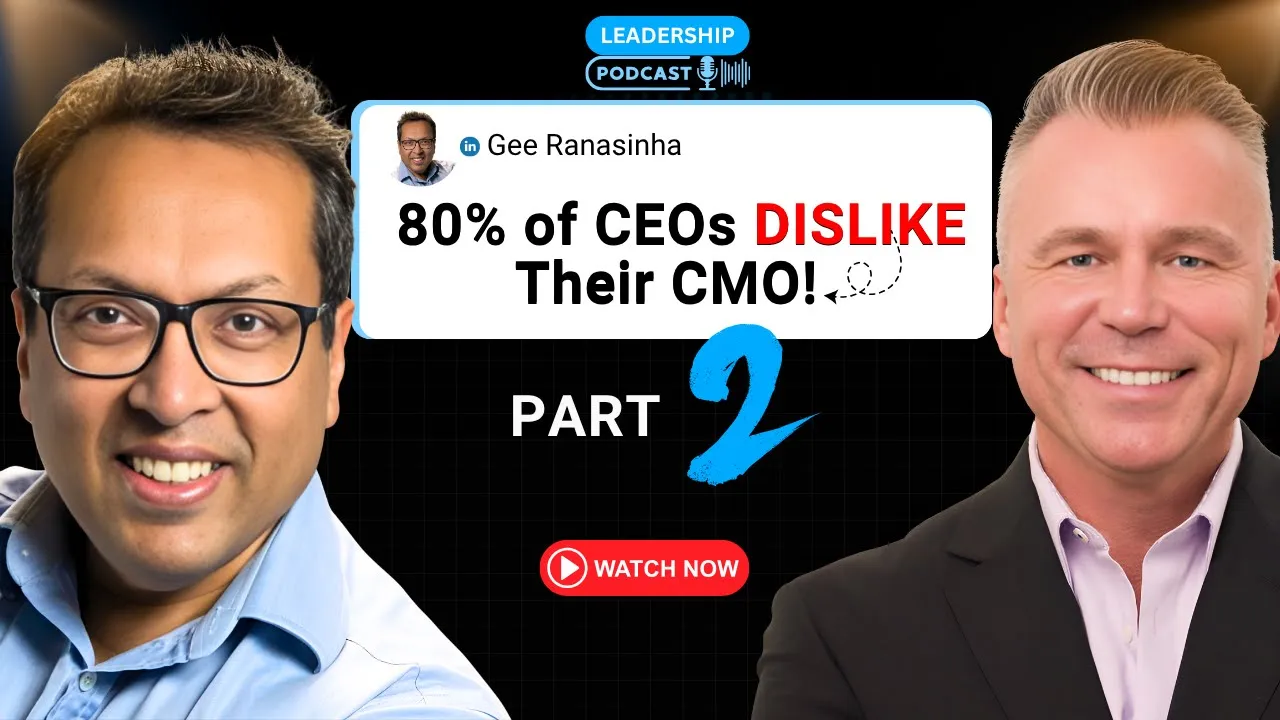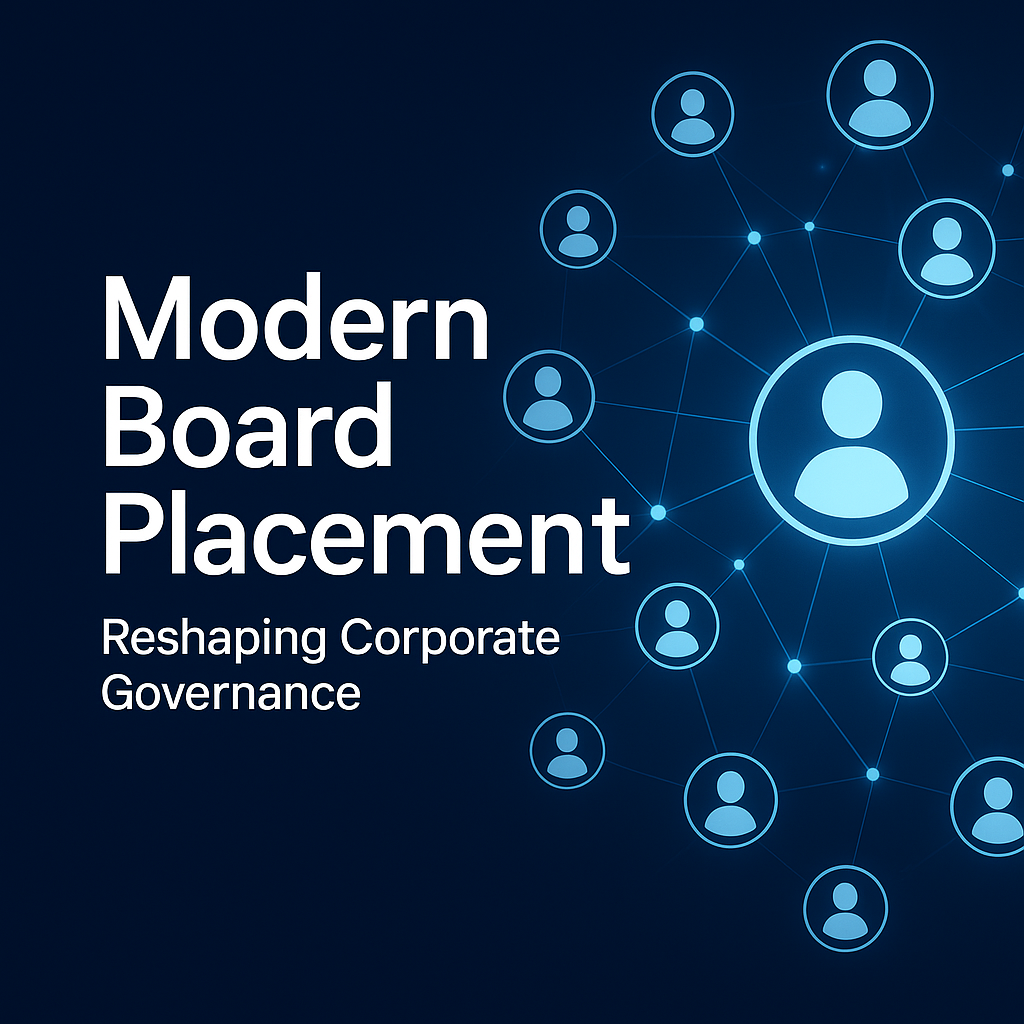Mentorship creates mutually beneficial relationships that drive company success. Here’s how leaders can identify and nurture potential mentors in their teams.
By: Martin Rowinski
There’s a reason 100 percent of Fortune 50 companies have mentorship programs. Successful companies know mentorship programs do more than benefit the individual participants; mentorship relationships work to deepen and strengthen individual contributions to the company.
A mentor is a trusted advisor who guides mentees in their personal and professional lives. They play a key role in the development and growth of emerging leaders. True mentorship within a company is a sound business investment and mutually beneficial to both parties.
Here’s how leaders can identify and nurture potential mentors in their teams.
WHO BENEFITS FROM MENTORSHIP?
A mentor’s encouragement helps team members stay motivated and engaged in their work. A 2019 survey found that mentored workers were more likely to report being well-paid and believing their colleagues value their contributions. Nine out of 10 workers with career mentors said they were happier in their jobs, while four in 10 workers without mentorship had recently considered quitting.
Not only does company mentorship improve individual performance, but it also creates a stronger sense of commitment among employees. When mentors impart their skills and knowledge to mentees, it improves overall performance and team success. Mentorship relationships foster open communication and encourage collaboration, resulting in better teamwork and a more positive and inclusive team culture.
Good mentors know that true mentorship is a two-way street: the mentee learns to apply their skills and insights to the growth of their own career, but the mentor also gains satisfaction and personal growth from helping their mentee. A 2006 study found that both mentors and mentees participating in company programs were more likely to get promoted. In 2017, a UK women’s study found that 87 percent of mentors and mentees developed greater confidence and felt empowered by their mentoring relationships.
Company mentorship programs also open the door to greater diversity and inclusion. Hiring managers are in a better position to consider candidates who show promise and bring a diverse perspective to the team—even if they lack experience—because they can count on the support and guidance of mentors to get them up to speed. A more diverse range of perspectives and ideas contributes to the greater success of the team.
WHAT MAKES A GOOD MENTOR?
A good mentor should be knowledgeable and experienced, with valuable resources and connections to help mentees advance in their careers. They should also be willing to share that insight and expertise.
Leaders looking for good potential mentors should seek out the following traits:
Genuine Interest
Having an interest in something more frequently results in greater success, and a mentor’s genuine interest in their mentee’s success helps them be more successful in getting them there. They’ll be more likely to remain focused and achieve their goals.
Active Listening Skills
True mentors actively listen and respond with appropriate encouragement, guidance, and non-judgmental support. They give advice, constructive feedback, and suggestions for improvement to help their mentee navigate the challenges and opportunities of their role, career, or personal life. Active listening builds trust and respect, and allows mentees to feel comfortable sharing their thoughts and concerns.
Flexibility And Adaptability
Providing true mentorship is an ongoing process. It requires a willingness to adjust the focus and nature of the relationship over time as needed to meet the changing needs of the mentee. True mentors also know how to adapt their communication style to meet the needs and preferences of their mentees—their learning style, personality, and goals.
Integrity
A good mentor is also a good role model, demonstrating through their own behavior and actions the values and qualities they hope to impart to their mentee. Leading by example, they inspire and motivate mentees to reach their full potential and develop their own leadership styles and skills.
Excellent Communication Skills
To build trust and respect with their mentee, a mentor must be a good communicator. Mentors provide guidance and support, share knowledge and expertise, and give feedback and suggestions for improvement in a constructive and helpful way.
Empathy
Look for a mentor who can demonstrate emotional recognition and understanding. They should be able to see things from the perspective of others for them to be able to empathize with their mentees. Empathy helps build trust and rapport, resulting in a more positive and supportive relationship.
GOOD MENTORS CAN BE DEVELOPED
Communication skills are at the foundation of a strong and effective mentorship relationship since mentors need to communicate well to provide their mentees with valuable guidance and support. Anyone can improve their communication skills by practicing active listening—a skill that can help build stronger relationships, improve communication, and enhance understanding and empathy for others.
Here are some ways to encourage leadership teams to become more active listeners:
- Focus attention on what the other person is saying. Minimize the potential for distractions and avoid multitasking, which can prevent you from giving them your full attention.
- Avoid interrupting. It can seem disrespectful and prevent the other person from fully expressing themselves. Let the other person finish speaking before responding.
- Ask clarifying questions when you don’t understand something. This shows you are paying attention and genuinely interested in the other person’s words.
- Paraphrase: Repeat back what the other person has said in your own words to show that you understand and clarify misunderstandings.
- Use reflective gestures to reflect the emotions you hear the other person expressing rather than just the content of their words. This can help to show you understand and empathize with their feelings.
Mentors foster personal and professional growth and build positive and supportive relationships that have meaningful and lasting impacts on the lives of their mentees. In a company, mentorship programs impact the whole team through improved communication and collaboration, increased motivation and engagement, and opportunities for a more diverse and inclusive culture. Mentorship is a valuable company asset because it helps team members grow into leaders and leaders grow into better ones.
Source: Fast Company









